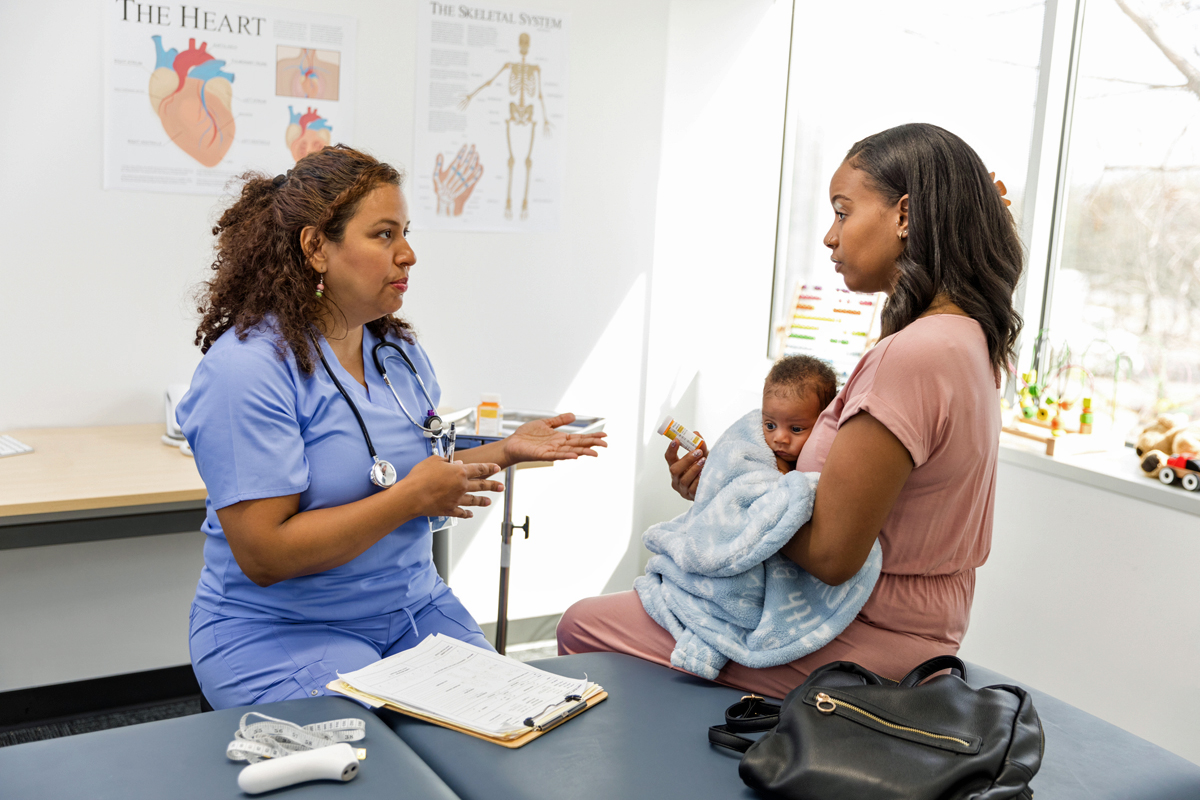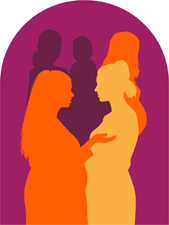
Congratulations on your little one(s)! Getting used to a new baby and the changes they bring to your life, your relationships, and potentially your health can be a beautiful time, and an overwhelming one. The postpartum period (sometimes known as the "fourth trimester" because of its importance in the development of new babies and parents) is usually considered the first three months after giving birth. In reality, that period of adjustment can last up to a year – which is the time frame The Well Project considers in bringing you this resource.
- Preparing for Labor and Birth: Postpartum Checklists for Parents Living with HIV
- Preparing Your Home and Community: Postpartum Checklists for Parents Living with HIV
- Postpartum Visits to My Providers: Postpartum Checklists for Parents Living with HIV
About This Resource

We hope these checklists and questions can support you, your baby, and those close to you in having the smoothest possible start to your journey together. Some of these are listed by the point in your birth journey at which they will come into play, but it is a good idea to start thinking about these things before you give birth! Some of these are listed by which type of provider to speak to, but you may find that another person in your care team, or your life in general, is a better fit to have these conversations. This checklist can serve as a reminder to reach out for the support you need – wherever it may come from.
Special thanks to Lealah Pollock, MD, MS, of the University of California – San Francisco, for her review of the 2025 first edition of this resource.



